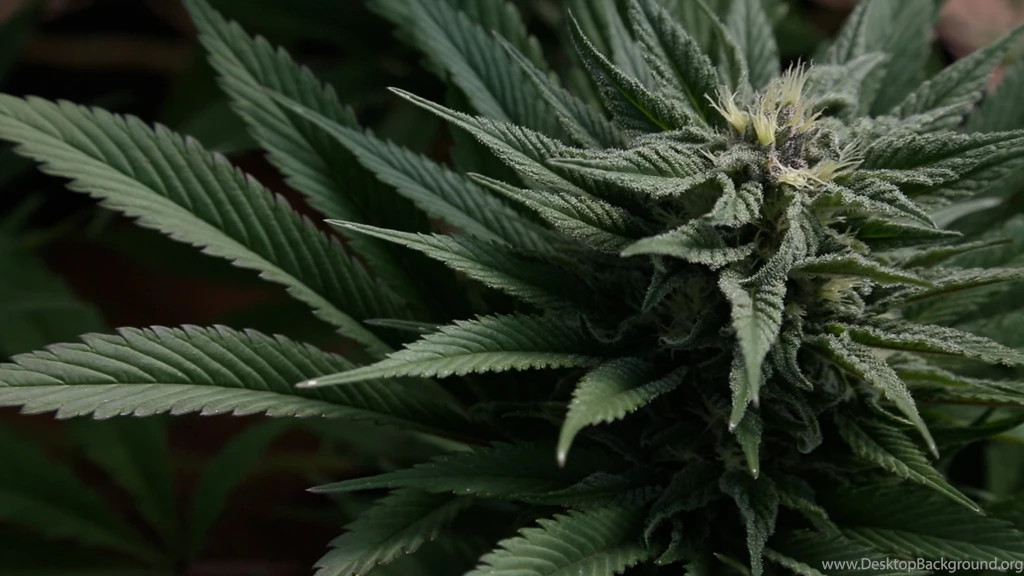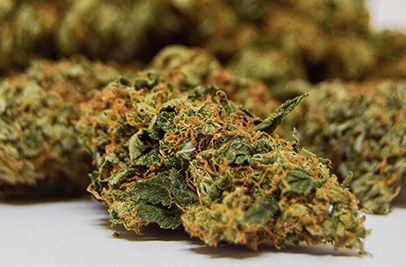Can Marijuana cause night terrors? Firstly what are night terrors? It’s the question we have to answer before determining marijuana. Based on Johns Hopkins Medicine; night terrors are; “Night terrors are a sleep disorder in which a person quickly awakens from sleep in a terrified state. The cause is unknown, but night terrors are symptoms of:
- High fever
- Lack of sleep
- Periods of emotional tension
- Stress, or conflict.
Night terrors are like nightmares.”

Symptoms of Night Terrors
- Sweating
- Screaming
- Fear of falling asleep at night
- Sudden sleep disturbance/ waking
- Feeling confused
- Rapid heart rate
- No memory of the nightmare episode
- Fighting restrained
- Running wildly around the house
The concern for most people who experience night terrors is how can they stop them? The experiences after or during each episode can be daunting. Most adults do not remember what happens; while some may remember bits and pieces of the nightmare, children will not remember anything.
These night terrors experiences usually occur during the first part of sleeping we call NREM – non-rapid eye movement sleep. There is interrupted sleep with these episodes that can cause the patient to feel unwell; it can even cause them to develop depression and or anxiety. Which medical experts indicate is not healthy for the person experiencing these night terrors.
The household is also affected as their sleep is also interrupted for consoling the person during these times. The entire experience can be traumatic on every front.
Marijuana and Treating Night Terrors
We know marijuana or Cannabis is predominantly for recreational purposes, but scientists have realized its use for treating certain medical conditions in the last two decades. Because of its psychoactive properties, they have identified chemicals within the plant that are perfect for treating cases of:
- Anxiety
- Depression
- PTSD
- chronic pain
- and even night terrors.
Therefore, the question asked; can marijuana cause night terrors? Based on scientific research, the answer is no with the explanation.
The CBD = cannabinoid and THC= tetrahydrocannabinol in the marijuana plant is therapeutic when taken in different percentage strengths. Its effects on the user’s nervous system enable those with night terrors to get the needed sleep they so crave. So, yes, marijuana helps treat night terror symptoms.

The products made from Cannabis for the treatment of night terrors have to be prescribed by a doctor. The doctors are licensed to dispense these prescriptions, and the patient has to have a medical card. This authorizes them to buy the products at the marijuana dispensary. In some states, the stores permitted to dispense the drug are licensed to sell 3% THC/CBD products for medical use.
Marijuana for Treating Night Terrors Have Come A Long Way
Marijuana was considered an illegal recreational drug. And users could be imprisoned for years on possession charges, selling illegally, and importing or exporting the drug. Although much lobbying for the drug to be legal in all states, the plant is still a Schedule 1 substance. Nevertheless, the scientific information on the plant and its many benefits – though the research is still ongoing – has made a slight dent in government policies in some states.
But, marijuana has come a long way in treating medical issues and, as such, is prescribed for treating night terrors. Compared to in the past, doctors told patients to ride it out; they will outgrow it, treat the symptoms, and adjust their sleeping habits.
Night terrors happen in the brain. If the treatment is not directly targeting the issue, there is little to no relief for the patient.
CBD for Night Terrors
The CBD chemical extracted from the marijuana plant, when used to treat night terrors, can help to re-regulate the person’s natural metabolic processes. Night terrors destabilize the patient’s natural sleep cycle, and CBD regulates it. The 3% chemical property contain is enough to calm the user and allow them to fall asleep without having these anxious expectations of terror. As a result, they sleep better and do not have sleep-deprived, tense days.

The Marijuana Dispensary in your area, if licensed to dispense medical marijuana, will have products like gummies, brownies, drinks, chocolate bars, etc. They are professional dispensers that will explain how to use the product prescribed by your physician.
It is not for long-term use, and for this reason, the patient must follow the doctor’s prescription. They will determine how much to take at specific times, just like any prescription medication, and for you to do follow-ups to mark your sleep progress. They need to know how effective the dosage is in calming these night terrors and adjusting accordingly.
Continuously be Monitored by Your Doctor
Withdrawal from marijuana use is a consideration, hence being monitored by your doctor. Your sleep cycle can change, and you will go back to REM- rapid eye movement sleep patterns. There may even be some dreams that can be strange to experience. They can advise what to expect and how to regulate the slacking off from the CBD treatments.
Determination
It is important to note; that marijuana has come a long way in treating many neurological issues and can help in pain relief. However, the research has to continue to learn more. The plant contains over 100 chemicals, and they all have some properties to relieve medical concerns. There only has to be the will to invest in government or private research to determine what they are.
Cannabis, or marijuana as the plant is named, is not a synthetic product. It is a vegetable matter that can be grown like any plant in your backyard. Of course, regulations must be in place, so people do not abuse the use.
The psychoactive properties contained in THC are what most people that do not use the drug fixate, which is a negative and non-informed stance to take. Education about marijuana is crucial for everyone to have. It has remarkable healing properties to help people suffering from medical issues that pharmaceutical drugs cannot help.
Let us help the lobbyists and government that make policies and laws to be informed about marijuana.
Source:
